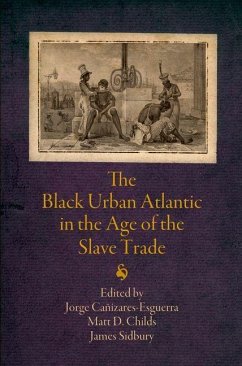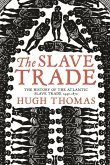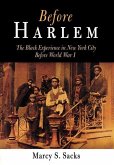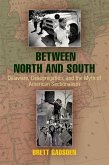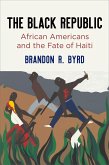During the era of the Atlantic slave trade, vibrant port cities became home to thousands of Africans in transit. Free and enslaved blacks alike crafted the necessary materials to support transoceanic commerce and labored as stevedores, carters, sex workers, and boarding-house keepers. Even though Africans continued to be exchanged as chattel, urban frontiers allowed a number of enslaved blacks to negotiate the right to hire out their own time, often greatly enhancing their autonomy within the Atlantic commercial system. In The Black Urban Atlantic in the Age of the Slave Trade, eleven original essays by leading scholars from the United States, Europe, and Latin America chronicle the black experience in Atlantic ports, providing a rich and diverse portrait of the ways in which Africans experienced urban life during the era of plantation slavery. Describing life in Portugal, Brazil, Mexico, the Caribbean, and Africa, this volume illuminates the historical identity, agency, and autonomy of the African experience as well as the crucial role Atlantic cities played in the formation of diasporic cultures. By shifting focus away from plantations, this volume poses new questions about the nature of slavery in the sixteenth to nineteenth centuries, illustrating early modern urban spaces as multiethnic sites of social connectivity, cultural incubation, and political negotiation. Contributors: Trevor Burnard, Mariza de Carvalho Soares, Matt D. Childs, Kevin Dawson, Roquinaldo Ferreira, David Geggus, Jane Landers, Robin Law, David Northrup, João José Reis, James H. Sweet, Nicole von Germeten.
Dieser Download kann aus rechtlichen Gründen nur mit Rechnungsadresse in A, D ausgeliefert werden.

